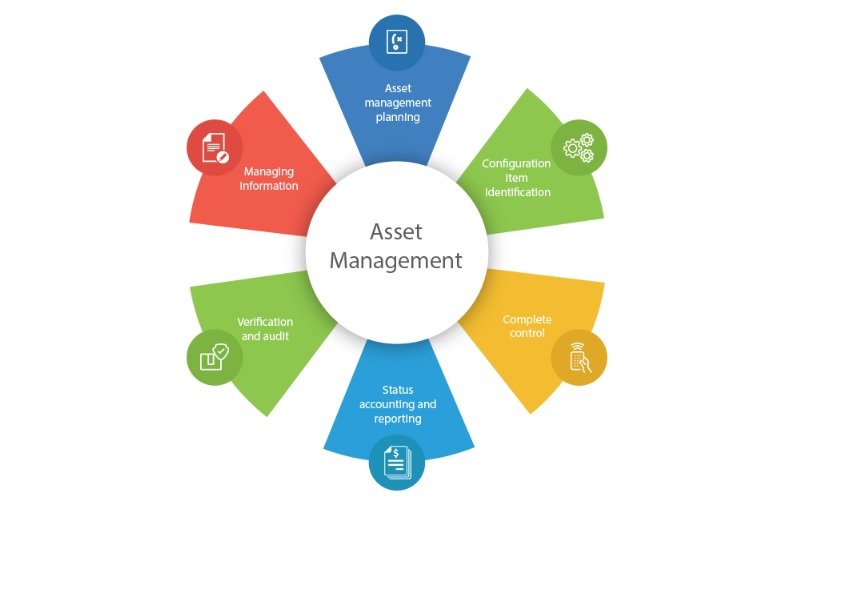Asset – Introduction
An asset is a commodity having monetary worth that a person, organization, or nation possesses or manages with the prospect of future gain.
A company’s assets are reflected on its balance sheet. They are categorized as, current assets, fixed assets, financial assets, and intangible assets. They are purchased or produced in order to raise the worth of a company or to boost its operations.

An asset is anything that could create cash flow, cut expenditures, or increase sales in the future, irrespective of whether it is industrial machinery an intellectual property such as a trademark.
An asset is a financial resource that a firm, for instance, owns or controls. An asset is anything that is limited in supply and has the potential to generate economic advantage by increasing cash influx or lowering cash outflows.
Asset Management
The process of creating, running, sustaining, and monetizing assets in a cost-effective way is referred to as asset management. The phrase has been most typically utilized in finance to describe professionals or businesses who oversee assets on account of people or other enterprises.
Any business must maintain a record of its assets. In that approach, its shareholders would identify what assets are accessible for use in order to maximize profits. Any company’s assets are divided into two classifications: fixed assets and current assets. Fixed or non-current assets are assets bought for long-term usage, whereas current assets are those which can be easily exchanged for cash quickly.
Significance of Asset Management
Organizations that spend on asset management receive a variety of advantages. But advantages are not always monetary in nature. With the support of a proper asset management solution, real-time asset monitoring generates a steady supply of data, develops accountability, and maintains budgeting and facility management on course. Furthermore, asset management offers firms a 360-degree picture of the assets’ complete life cycle.
A solution like this makes it easier to implement a risk mitigation plan and improves regulatory adherence. Furthermore, the precision of depreciation rates and property appraisal is enhanced.
Asset management can detect unnecessary acquisitions and unproductive usage by following the corporate resources from the outset to the conclusion of its lifespans.
Assets such as materials, machinery, and automobiles may be handled from a centralized system, reducing new spending.
Businesses and government bodies must give full statements on asset purchase and decommission. Utilizing a centralized asset management system puts this material readily available for analysis compilation.
Best Assets to Hold
All assets are similar in nature however the rewards differ for each of them. One of the most profitable asset management strategies includes diversification of assets so that any losses are balanced and profits are maximized. Here are the best assets which may be held longer than other assets for a longer period. Following are some of the best assets to hold for better and stable liquidity.
- Stocks or Equities
- Bonds
- Real Estate
- Investments in other Businesses or Franchise Investments
- Royalties

